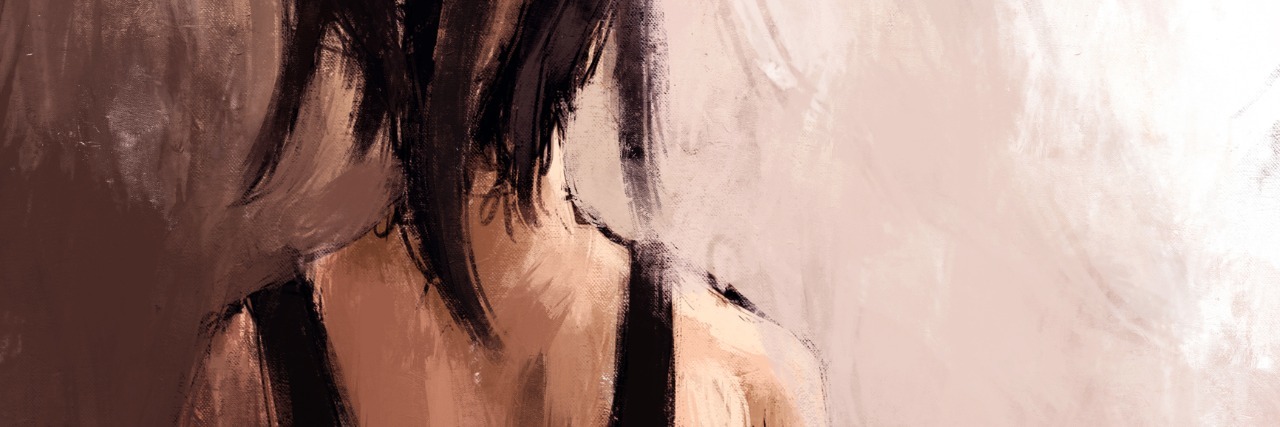At age 23, after several years of experience with high anxiety, major depression, trichotillomania, disordered eating and a long list of issues I didn’t yet understand, I was diagnosed with borderline personality disorder (BPD). This may seem like the cherry on top of an already difficult situation – especially considering the stigma associated with personality disorders. In reality, I was overwhelmed with much needed validation and relief. I finally had an explanation and I wasn’t alone. Once I stepped out into the real world, however, I felt silenced.
When I was able to share my diagnosis out loud, I noticed an entirely different response than when I previously shared my experiences with depression and anxiety. The term “personality disorder” itself often seems to be enough to scare people away from the entire conversation. It became clear early on a lot of people don’t want to hear about it, much less learn about BPD in order to advocate and support those who are affected. I assume this comes from a place of fear and intimidation, largely due to the lack of public knowledge and the destructive images and ideas we’ve learned to associate with personality disorders.
People with BPD or other personality disorders are assumed to be violent, abusive or helpless. However, many people with BPD actually tend to be notably empathetic, passionate, loyal and perceptive. We also just happen to experience extreme and often overwhelming emotions, mood swings, impulses, fear of abandonment and identity instability. Additionally, these symptoms tend to arise without a moment’s notice, hitting us like a tidal wave. Sometimes BPD looks like panic attacks, emotional meltdowns, self-harm, dissociation, impulsive decision-making and euphoric highs – all in one day. Other days, we live and exist just like anybody else. The unpredictability of BPD means we never really know what each day will bring.
While mental health awareness and advocacy do seem to be on the rise, the stigma surrounding mental illness is still strong. I’ve noticed an increase in people willing to seek help and disclose information about their mental health, particularly with anxiety – the most common mental illness in the United States – and depression. While this is to be celebrated and anxiety and depression are serious mental health concerns, mental health care and awareness cannot end there.
There have been countless times that friends and peers – even people who consider themselves advocates and allies to people living with mental health issues – have dismissed or invalidated my mental illness the moment I show symptoms. The same people who take to social media to preach respect and compassion for those battling depression are – in my own experience – often the same people who choose to remain ignorant to other, more stigmatized mental illnesses. Not only is this problematic for obvious reasons, but it can be incredibly isolating for people who don’t fall in those more widely understood categories of mental illness.
In reality, borderline personality disorder is not all that uncommon. BPD affects between two and six percent of the population (mostly young women) and is believed to be more common than both schizophrenia and bipolar disorder. Although a lot of information about BPD is still unknown, there are many popular misconceptions about and even therapists known to turn away patients affected by BPD. The fact is people living with BPD, schizophrenia, dissociative identity disorder (DID) and other highly stigmatized mental illnesses should have access to the treatment and health care they need to live stable, happy lives. We can each either choose to remain ignorant to the prevalence and reality of the broad spectrum of health or we can recognize people all around us are battling these monsters – even if we can’t see it – and acknowledge they deserve to be heard, validated and loved.
We want to hear your story. Become a Mighty contributor here.
Thinkstock photo via Archv.

